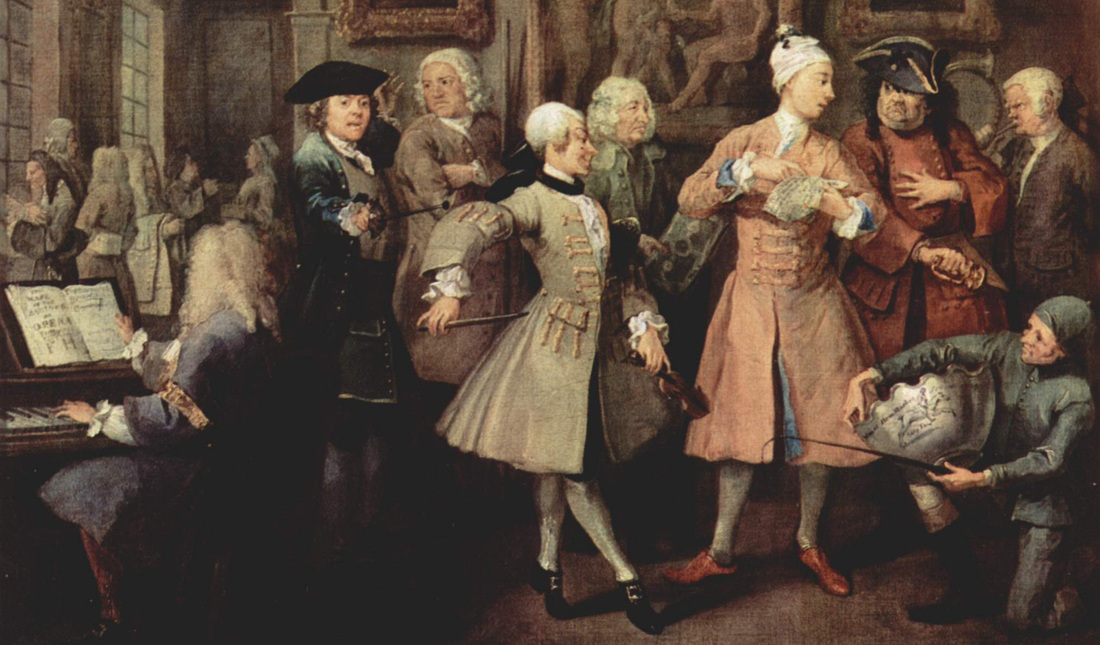|
The story.
In 1773, the fourth Earl of Chesterfield lies dying, haunted by a mysterious ghost. What can he possibly want from the dying earl? It falls to his housekeeper, Mrs. Gimlet, to figure it out, assisted by his lordship’s chief pallbearer. And the quest is urgent; Mrs. Gimlet is determined on a peaceful passing. She dives into his lordship’s story and his resolve to make his bastard son Stanhope into the perfect gentleman, supremely educated, master of refined graces, and universally admired. Can the boy possibly measure up? The ensemble and three principals—Chesterfield, Stanhope, and Eugenia, the low-born girl he comes to adore—guide us through Stanhope’s Grand Tour, Chesterfield’s relentless letters from London directing his every move, and Stanhope’s fateful decision to live two lives, one to please his father and the other to please himself. Mrs. Gimlet tracks the ensuing chaos created by a double life, with an entire family concealed from the earl. Only when Stanhope dies suddenly at 32 does Chesterfield learn the truth. The final challenges? Overcoming a sense of betrayal, embracing his son's family, and, ultimately, figuring out what that pesky ghost wants from him before he dies. Luckily, Mrs. Gimlet is there to discover the answer. |
Our show.
To span 45 years (1728-1773) across many locations, Dear Boy adopts a completely theatrical style. If someone holds up a sign reading "London," that's where we are. The setting remains the same, with Chesterfield anchored at his writing table while the life he seeks to control swirls about him. A lapse of years shows in a child's growth, with a larger puppet replacing a smaller one. To play a king, a beggar puts on a crown. Three principals--Chesterfield, Stanhope, and Eugenia--occupy the heart of the show, supported by puppets (Lady Chesterfield and all children) and a flexible ensemble of 4 to 6 (or more) to manipulate the puppets and play all other characters, from the cagey Mrs. Gimlet trying to help the lovers' cause, to the pallbearers, maids and footmen who hurry Chesterfield through his story and prod him to see the consequences of his actions. |
